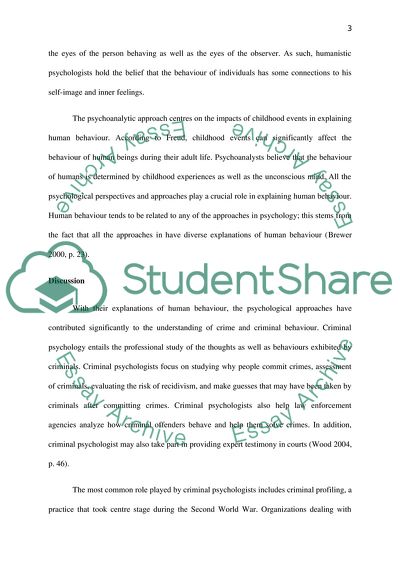Cite this document
(Psychology and Understanding of Criminal Behavior Coursework - 1, n.d.)
Psychology and Understanding of Criminal Behavior Coursework - 1. https://studentshare.org/psychology/1778600-psychology-has-made-a-valuable-contribution-to-our-understanding-of-criminal-behaviour-discuss
Psychology and Understanding of Criminal Behavior Coursework - 1. https://studentshare.org/psychology/1778600-psychology-has-made-a-valuable-contribution-to-our-understanding-of-criminal-behaviour-discuss
(Psychology and Understanding of Criminal Behavior Coursework - 1)
Psychology and Understanding of Criminal Behavior Coursework - 1. https://studentshare.org/psychology/1778600-psychology-has-made-a-valuable-contribution-to-our-understanding-of-criminal-behaviour-discuss.
Psychology and Understanding of Criminal Behavior Coursework - 1. https://studentshare.org/psychology/1778600-psychology-has-made-a-valuable-contribution-to-our-understanding-of-criminal-behaviour-discuss.
“Psychology and Understanding of Criminal Behavior Coursework - 1”. https://studentshare.org/psychology/1778600-psychology-has-made-a-valuable-contribution-to-our-understanding-of-criminal-behaviour-discuss.


